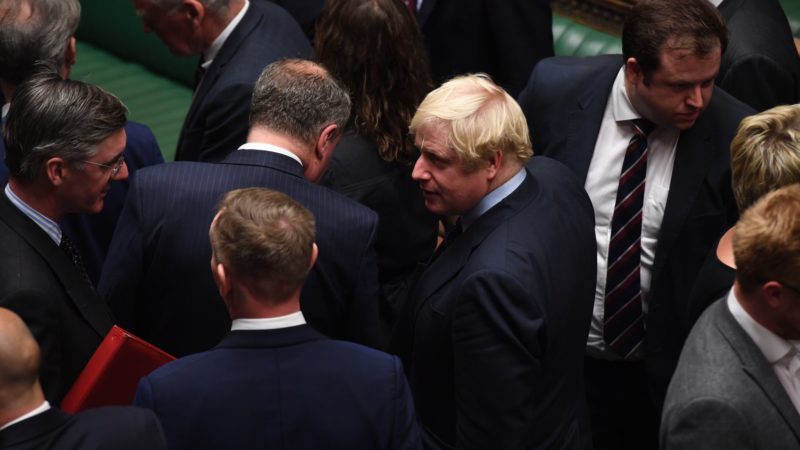
Labour has announced that it will introduce sweeping changes to lobbying and donations, while banning MPs from having second jobs, in an effort to clean up British politics.
The new rules would cover both the funding of political parties and the way in which the government can be lobbied, with Labour pledging to abolish the 2014 Lobbying Act.
Labour says the announced policies – covered in The Times today – would end donor clubs such as the ‘Leader’s Group’, which offers exclusive access to Boris Johnson and provides significant funding to the Tories.
- Ban donations from individuals not domiciled in the UK and non-tax compliant residents;
- Prevent the use of shell companies to hide the true source of donations;
- Force companies that donate to declare their ultimate beneficial ownership;
- Require political parties to publish the names of donors who give over £7,500 who also attend party events intended to engage donors in the same year;
- Increase the maximum fine the electoral commission can give for breach of political finance rules.
Commenting on the plans, Labour’s Jon Trickett said: “Under the Tories, politics and government is in serious danger of becoming a playground for the rich and powerful, with decisions often made behind closed doors in the interests of a small few, at the expense of the many.”
The shadow minister for the Cabinet Office added: “This is very worrying for our democracy. The rules that are supposed to prevent this are completely ineffective. The time for their replacement is long overdue. Labour will protect our democracy with tough new regulations, as part of our democratic revolution to create real change in how this country works”.
As stated in its manifesto, Labour has also promised to scrap the 2014 Lobbying Act and introduce a new register that would:
- Include corporate lobbying conducted by in-house lobbyists and think-tanks – currently not captured by existing legislation – as well as by consultant lobbyists;
- Cover the lobbying of MPs, ministers, and any senior employee of central government, not just permanent secretaries and special advisers;
- Require lobbyists to declare the nature of the engagement, such as who/what is being targeted by whom, and the estimated value of the activity;
- Carry tougher sanctions for those that fail to register the appropriate level of detail, including bans on future meetings with public officials and monetary fines.
Labour would ban MPs taking second jobs with an exemption for maintaining professional registration – such as in the case of nursing, for example.
Under Labour, rewritten business appointment rules – rules which govern ex-ministers being appointed in other sectors – would be enforced by a new statutory body.
Former ministers would be prevented from lobbying the government for a minimum of five years after leaving office.
Labour has said that if elected its new policies on political finance would be implemented immediately to ensure that a second referendum on the EU would be conducted free from undue influence.
During the general election campaign period, the Conservatives have refused to publish an intelligence and security committee report into Russian infiltration in British politics. The committee has heard allegations of improper donations being made to the Tories.
The exclusive Leader’s Group has provided 80% of Tory campaign funding in this general election, according to openDemocracy. The Conservatives have so far failed to publish details of the club, as promised 18 months ago.




More from LabourList
Government announce SEND reform in schools white paper
SPONSORED: ‘Industrial hemp and the challenge of turning Labour’s priorities into practice’
‘A day is a long time in politics, so we need ‘action this day’’